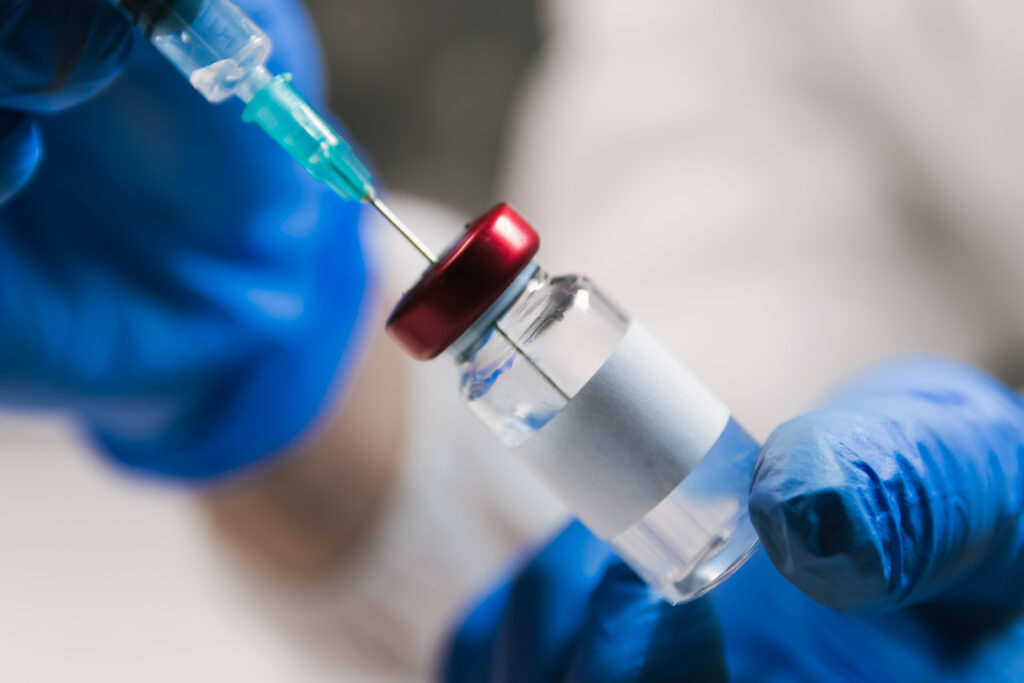A new twice-yearly HIV prevention injection has demonstrated impressive results, with a 96% effectiveness rate in preventing HIV infections, sparking hope in the fight against AIDS. However, despite its potential, experts warn that significant access challenges remain, particularly in key regions with rising infection rates.
Lenacapavir: A Major Breakthrough in HIV Prevention
The injection, known as lenacapavir, is considered a major advancement in HIV prevention, surpassing the effectiveness of daily oral pills like PrEP. Available as Sunlenca for treating HIV, lenacapavir was shown to be 100% effective in preventing HIV infections among women in previous studies. UNAIDS executive director Winnie Byanyima praised the drug’s potential, especially for vulnerable populations such as gay men, sex workers, and young women, who often face barriers to accessing traditional prevention methods. Byanyima described the twice-yearly shot as a “miracle” for these marginalized groups, offering a simple solution that requires minimal interaction with healthcare services.
Challenges in Access and Concerns Over Latin America Exclusion
While Gilead, the drug’s manufacturer, has agreed to provide affordable generic versions of lenacapavir in 120 countries with high HIV rates, most Latin American countries, where HIV infection rates are rising, are excluded from the deal. This has raised concerns that essential prevention tools will be denied to regions in need. Advocacy groups have written to Gilead, calling for expanded access to Latin America, citing the rising infection rates and the inequity in access to HIV prevention. Although lenacapavir could be produced for as little as $40 per treatment in the future, the challenge remains in ensuring that it reaches all those who need it.
